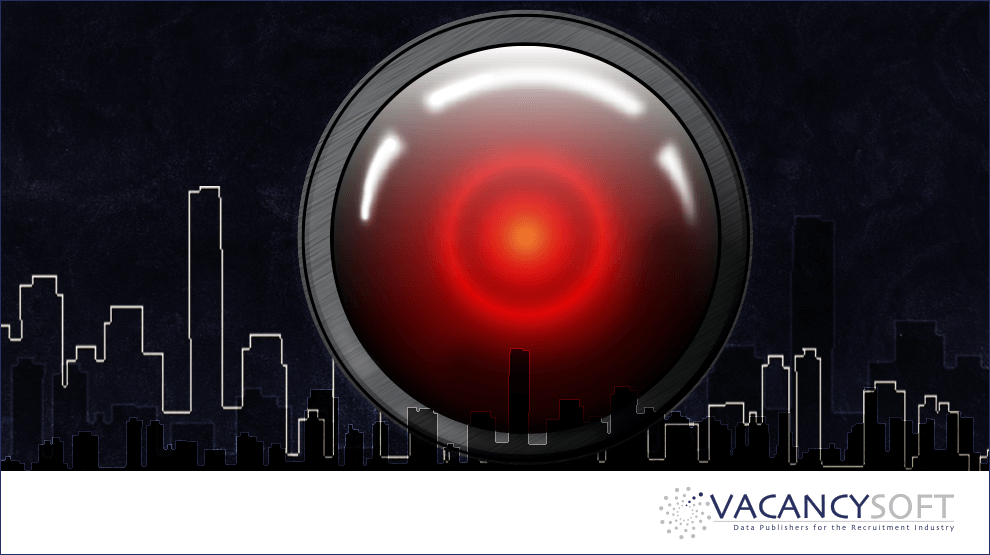It’s a match! AI and the future of recruitment

In previous
Task automation is not new for recruitment; it first appeared in the form of Applicant Tracking Systems (ATS) that were able to process large volumes of applicants and to match candidates with vacancies. ATS enabled recruiters to store virtually unlimited numbers of resumes and also to screen them by keywords.
Experience has shown that the full automation of some recruitment processes has resulted in certain limitations, such as missing out candidates who would be great for a vacancy but whose resumes do not exactly match the job description. From the recruiters’ perspective, automation has also meant that there is more distance between them and candidates, as many applicants’ resumes are stored in an ATS for a long time before the system actually matches them to vacancies.
However, the rise of Artificial Intelligence has helped recruiters to use technology focused on their strengths. AI in its conventional sense involves the use of software for tasks that in the past were performed by humans only. Machines are being taught to replicate humans’ decision-making skills and to master their thinking process.
The application of AI to recruitment involves the smart automation of repetitive tasks, such as resume screening, matchmaking, interview scheduling, and even interaction with candidates. For instance, an ‘artificial assistant’ such as Mya can help to create a better candidate experience, welcoming new applicants, clarifying qualifications for positions, and informing candidates about the status of their applications. Other AI software solutions offer the service of ‘smart’ resume screening and even video interview analysis. Such systems operate not on the basis of simple keyword analysis, but instead on actual understanding of the tone of the message, allowing for a more ‘human-like’ interaction. Interview screening software, in particular, is claimed to recognise emotional tone,
Artificial Intelligence obviously brings change, and change is always both threats and opportunities. Recruitment in the era of AI will be profoundly different. Technology has heightened the pressure on agencies to deliver value, but it has also given recruiters many more of the tools needed for excellence. There is a fear that more advanced AI will lead to humans becoming useless for tasks such as recruitment. However, I firmly believe that tasks which require creative non-standard solutions and individual approaches are most likely to be performed by humans. Software solutions will make all processes faster, thus allowing recruiters to master recruitment. The ‘super recruiter’ will hold all of the information needed to make a successful placement, and will focus his/her skills on the most important part of the job: interaction with candidates and clients.
Recruitment Industry Insights is a free Market Intelligence Tool that can help you to become a thought leader in your niche, increase your brand awareness, and attract clients. Read about this free Market Intelligence Tool here.
Author: Valeriia Muzhchyna
Marketing Executive
Image contribution: designed by Freepik


